While it’s easy to focus on the country’s politeness, maple syrup, or frigid winters, there are plenty of quiet advantages that Canadians enjoy every single day without realizing it. From stable governance to healthcare access, innovation to natural resources, the list goes far beyond clichés. These advantages shape daily life, global standing, and long-term prosperity in ways that are often invisible to those living within them. Here are 22 Canadian advantages you didn’t realize we had.
Universal Healthcare Access
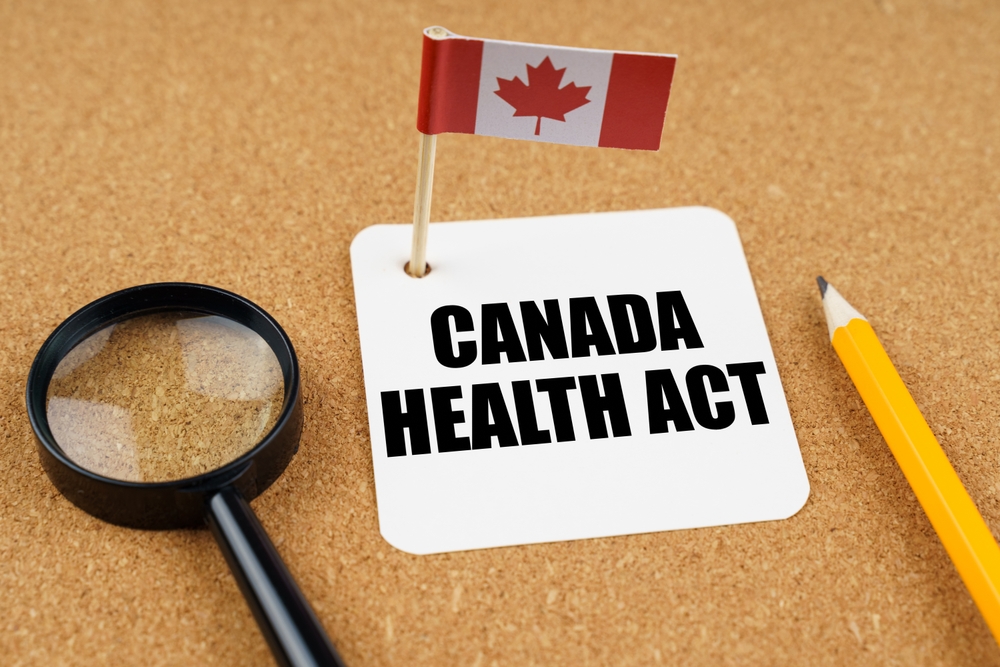
Few systems globally manage to combine accessibility and quality like Canada’s healthcare model. Funded primarily through taxes, it guarantees that every resident can see a doctor or visit a hospital without worrying about crippling medical bills. While it isn’t perfect, wait times and shortages exist, the system still ranks high for fairness and patient outcomes. Citizens avoid the burden of private insurance premiums that dominate many other countries. Preventive care, early diagnosis, and mental health services are increasingly prioritized, ensuring better long-term well-being. The ability to access essential care without financial anxiety is one of Canada’s strongest social foundations.
Political Stability and Low Corruption

In a world where governments rise and fall with scandal or upheaval, Canada maintains one of the most politically stable environments on Earth. Transparency International consistently ranks it among the least corrupt nations globally. A strong rule of law, an independent judiciary, and high civic trust contribute to steady governance. Policies may shift between liberal and conservative spectrums, but core democratic values remain intact. Citizens can rely on predictable economic and legal systems, which also attract investors. This quiet consistency often goes unnoticed domestically but is a major reason global corporations and immigrants find Canada dependable.
High-Quality Public Education

Canada’s public education system consistently outperforms global averages, ranking among the top countries for literacy, science, and mathematics. The emphasis on equal opportunity ensures that children, regardless of background, can access quality schooling. With publicly funded post-secondary institutions and strong vocational programs, education becomes both inclusive and practical. International students flock to universities like Toronto, McGill, and UBC, drawn by academic excellence and relative affordability. Unlike in many nations, where quality varies sharply by region, Canadian provinces maintain uniformly high standards. This commitment builds a skilled, informed population capable of driving future innovation and stability.
Safe and Livable Cities

Urban centers across the country consistently appear in global rankings for safety and quality of life. Cities like Vancouver, Toronto, Ottawa, and Calgary often make Mercer’s and Economist Intelligence Unit’s top lists. Low crime rates, clean public spaces, efficient transit systems, and community engagement create environments where people feel secure. Even in major metropolitan areas, residents enjoy walkable neighborhoods and reliable emergency services. The combination of social cohesion, strong law enforcement, and inclusivity fosters trust between citizens and authorities. This sense of everyday safety contributes to mental well-being and a high global livability reputation.
Abundant Natural Resources
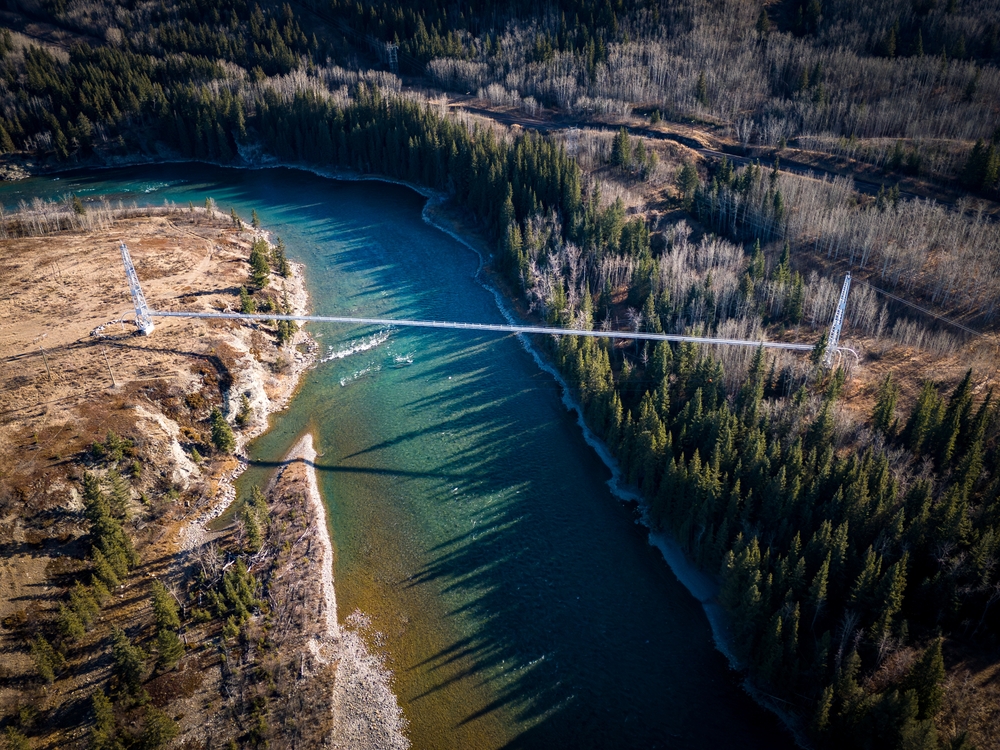
From oil sands and minerals to fresh water and timber, Canada’s natural resource wealth is staggering. It holds nearly 20% of the world’s freshwater reserves and has vast untapped potential for sustainable energy production. The mining sector provides global leadership in ethical extraction, while forestry remains one of the most regulated industries on Earth. Responsible management ensures long-term environmental and economic balance. These resources not only fuel domestic growth but also make Canada a reliable exporter in global markets. The country’s ability to turn natural abundance into sustainable prosperity is one of its lesser-acknowledged strengths.
Strong Social Safety Nets
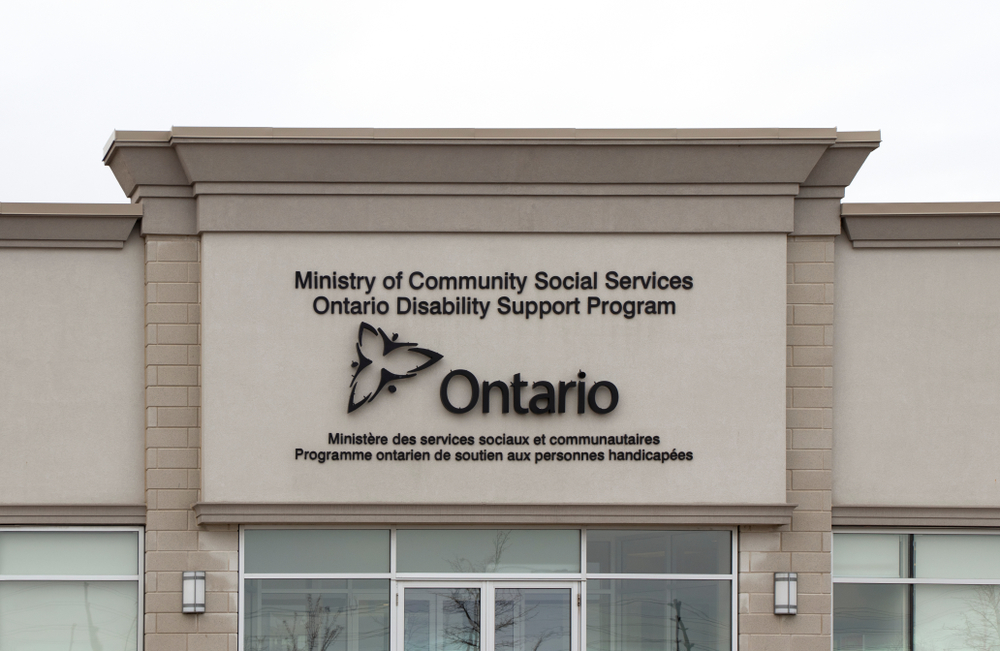
Beyond healthcare, Canada’s social programs protect citizens from falling through economic cracks. Unemployment insurance, parental leave, disability benefits, and old-age pensions ensure security during life’s unpredictable moments. Policies like the Canada Child Benefit directly support families and have measurably reduced child poverty rates. During global crises, such as the pandemic, the quick rollout of income supports demonstrated the system’s adaptability. These mechanisms reflect a national ethos that values shared welfare over individual struggle. While debates over spending always exist, few deny the reassurance that comes from knowing help is accessible when circumstances change.
Cultural Diversity and Integration

With immigrants making up nearly one-quarter of its population, Canada is among the world’s most multicultural societies. Yet, unlike countries where integration sparks friction, Canada’s multiculturalism policy encourages cultural expression alongside unity. Cities like Toronto and Vancouver serve as living examples of peaceful coexistence, where languages, cuisines, and traditions blend seamlessly. This diversity fuels innovation, entrepreneurship, and creativity in every sector. The inclusive environment also makes Canada particularly attractive to global talent and refugees seeking stability. It’s a social advantage that enriches communities while strengthening the economy and national identity simultaneously.
Environmental Stewardship
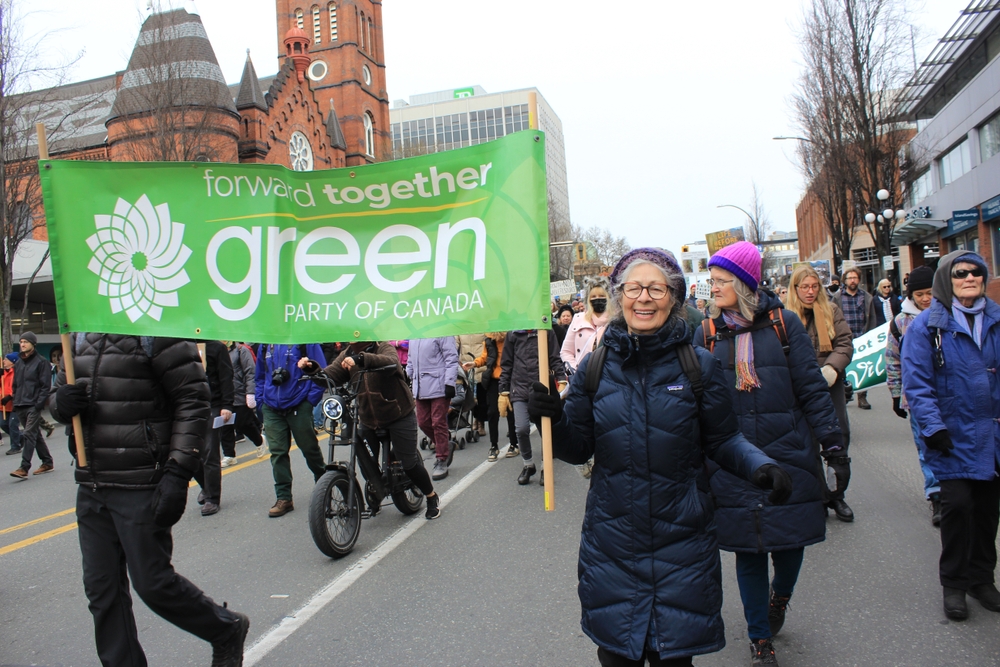
Environmental protection is woven into Canada’s policy and identity. The nation has over 1,000 national and provincial parks, covering 12% of its landmass. Government initiatives promote renewable energy transitions, while carbon pricing policies lead global conversations. Canadians have high environmental literacy and strong local participation in conservation efforts. The country’s vast forests act as major carbon sinks, and freshwater management practices remain world-class. While industrial challenges persist, the societal push toward sustainability gives Canada a competitive edge in the growing global green economy. The balance between progress and preservation is a genuine national advantage.
Global Reputation for Peacekeeping
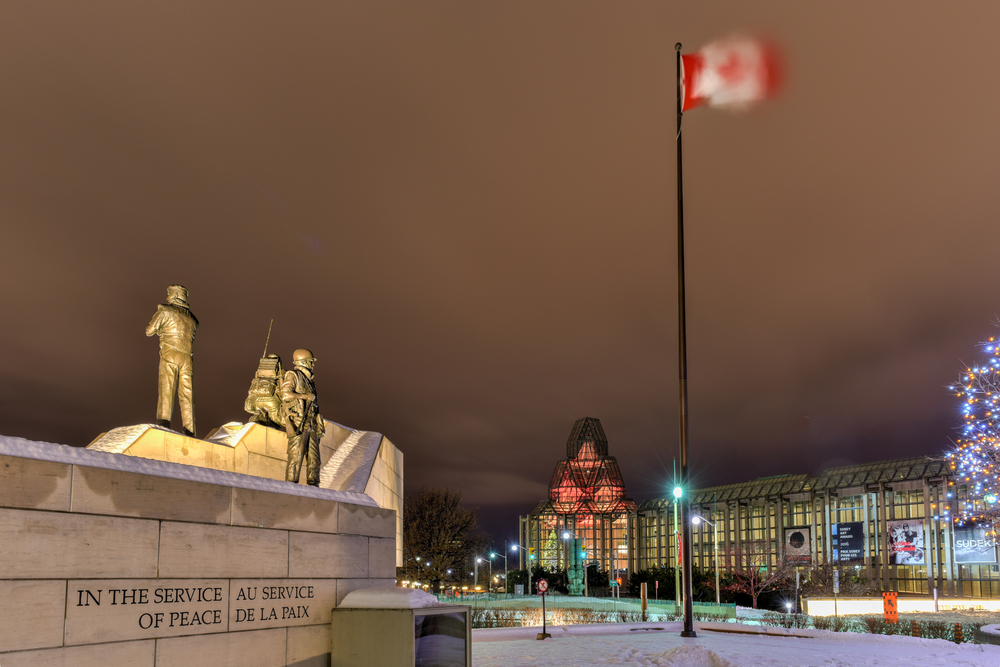
Canada’s reputation as a diplomatic and peacekeeping nation remains a cornerstone of its global identity. Since the mid-20th century, it has played a vital role in international mediation and United Nations missions. Canadian diplomacy focuses on consensus, human rights, and humanitarian aid, earning global respect even when superpowers clash. This image boosts soft power, making Canada a trusted partner in global negotiations. Its peacekeeping legacy may no longer dominate headlines, but its influence continues in international institutions, from refugee policy to arms regulation. The perception of moral reliability enhances its standing far beyond military might.
Balanced Work-Life Culture

The Canadian work environment values productivity but not at the cost of personal well-being. Standard vacation days, parental leave, and flexible work arrangements are more common than in many peer economies. A focus on balance allows employees to maintain health and relationships, contributing to long-term satisfaction. Remote work policies have evolved rapidly post-pandemic, further improving lifestyle flexibility. While corporate ambition exists, it’s tempered by a societal understanding that quality of life matters. This balance fosters mental resilience and sustainable career longevity, making Canada appealing for both domestic workers and international professionals.
Access to Clean Water

Clean drinking water is something many take for granted, but globally it’s a luxury. Canada’s freshwater reserves are among the largest in the world, and tap water quality consistently meets or exceeds global standards. Infrastructure investments and environmental protections keep contamination minimal in most regions. This access underpins public health, agriculture, and industry. While some Indigenous communities still face water challenges, a serious national issue, the broader population benefits from one of the safest and most abundant supplies on the planet. Water security gives Canada a long-term advantage in both economic and environmental stability.
Freedom and Human Rights Protections

Canada’s Charter of Rights and Freedoms serves as one of the strongest human rights frameworks globally. It guarantees equality regardless of gender, race, religion, or orientation, forming the foundation of modern Canadian values. Citizens enjoy freedom of speech, press, and assembly with relatively few restrictions. Strong legal protections ensure that marginalized groups can challenge discrimination effectively. This rights-based governance fosters a sense of dignity and fairness that strengthens democracy. The consistency of these protections enhances international credibility and domestic trust, creating a stable and just environment where people can thrive without fear.
Thriving Research and Innovation Ecosystem
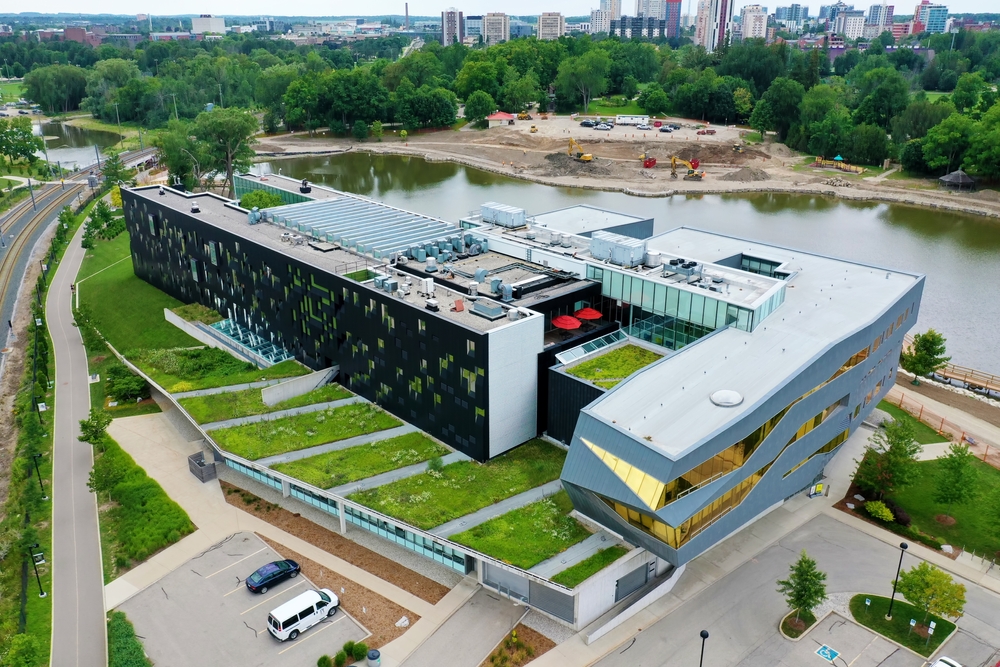
Behind the scenes of modest Canadian humility lies a dynamic innovation network. Institutions like the Perimeter Institute, Vector Institute, and University of Waterloo drive breakthroughs in AI, quantum computing, and biotech. Federal funding programs encourage startups to commercialize ideas, while cities like Montreal and Toronto rank among North America’s top tech hubs. Collaborative research culture, combined with global talent inflow, strengthens the innovation pipeline. Canada’s ability to balance scientific rigor with inclusivity makes it an attractive destination for entrepreneurs and researchers. This steady commitment to R&D secures its competitive edge in the global economy.
Reliable Public Infrastructure

From coast-to-coast highways to efficient public transport systems, Canada’s infrastructure reflects long-term investment and foresight. Ports, airports, and railways support international trade and tourism. Most urban areas maintain consistent power, sanitation, and internet access, luxuries in many parts of the world. The emphasis on maintenance and modernization prevents large-scale collapses seen elsewhere. Projects like the Trans-Canada Highway or GO Transit exemplify coordinated national planning. These reliable systems don’t often make headlines, but they sustain everything from grocery supply chains to emergency responses, forming the invisible skeleton of daily Canadian stability.
High Standard of Food Safety
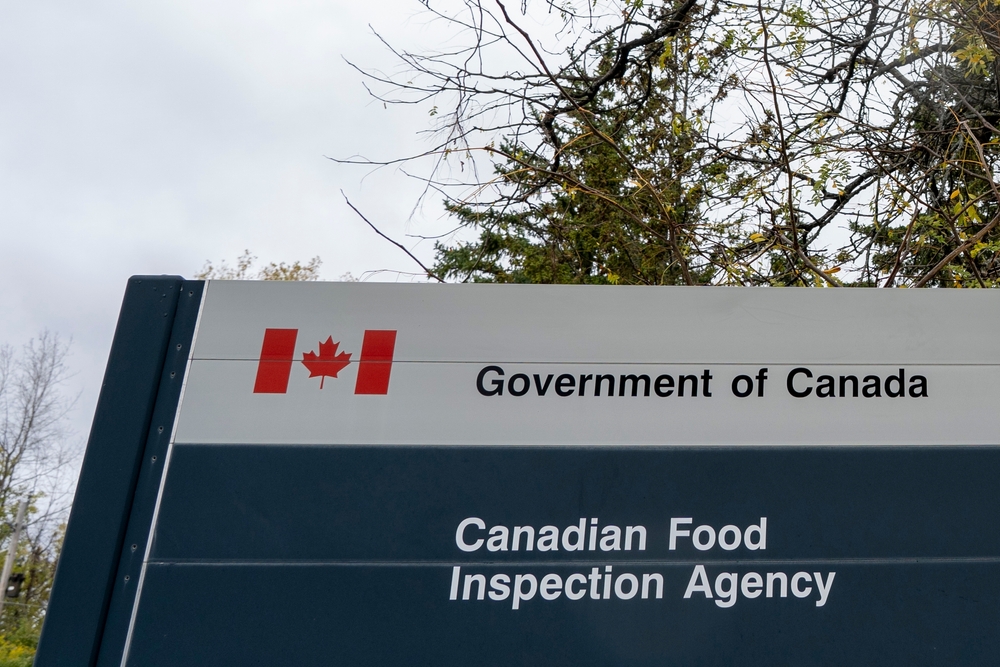
The Canadian Food Inspection Agency enforces some of the strictest safety protocols worldwide. From farm to fork, food products undergo rigorous testing for contaminants, labeling accuracy, and quality control. Consumers benefit from transparent recall systems and trusted regulatory oversight. These measures ensure that outbreaks remain rare and manageable. Farmers, processors, and exporters adhere to high ethical and environmental standards, giving Canadian products an international reputation for purity. In a global market increasingly concerned about origin and safety, this regulatory framework quietly sustains national confidence and competitive export advantages.
Inclusive Legal System

The country’s legal system, based on British common law (with Quebec’s civil code), combines structure with adaptability. Citizens enjoy access to legal aid, bilingual courts, and transparent judicial processes. Reforms regularly aim to reduce systemic barriers for marginalized populations. The judiciary’s independence prevents political interference, preserving fairness in decision-making. Additionally, Canada’s proactive stance on restorative justice and Indigenous reconciliation makes its system more humane. These factors maintain high levels of public trust, rare in many democracies today. The predictable and impartial nature of Canadian law supports both social harmony and investor confidence.
Resilient Banking System
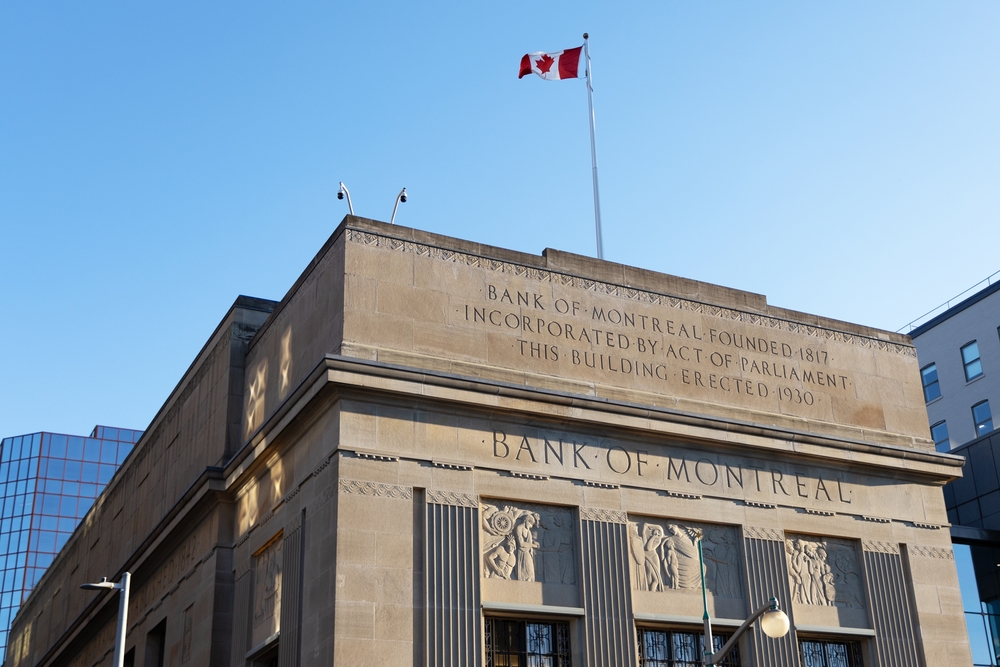
Canadian banks are globally recognized for stability and prudent regulation. During the 2008 global financial crisis, Canada’s institutions were among the few that remained largely unscathed. Strict lending standards, strong capitalization, and conservative oversight prevent reckless risk-taking. The “Big Five” banks maintain international credibility and ensure reliable domestic service. This foundation supports personal savings, mortgages, and business investment with minimal volatility. Economic resilience during global downturns owes much to this cautious yet efficient financial sector. It’s a structural strength that keeps the economy balanced even when global markets stumble.
Global Quality of Life Ranking

Whether it’s healthcare, education, environment, or safety, Canada consistently lands near the top of global quality-of-life indices. Organizations like the OECD and United Nations rank it among the best for living standards, happiness, and social mobility. Public trust in institutions, inclusivity, and general affordability create a balanced lifestyle rarely matched elsewhere. Access to green spaces, clean air, and modern infrastructure enhances both physical and mental health. These rankings aren’t just symbolic; they attract skilled immigrants and global investment, reinforcing prosperity. The average Canadian may not notice, but the world certainly does.
Advanced Energy Transition Efforts

With global attention turning toward sustainability, Canada’s approach to clean energy stands out. Hydroelectricity accounts for nearly 60% of national power generation, drastically reducing emissions. Provinces like Quebec and British Columbia export renewable electricity to the U.S., strengthening cross-border cooperation. Investments in wind, solar, and green hydrogen show a growing commitment to future energy diversification. Meanwhile, carbon capture initiatives and net-zero targets keep Canada competitive in the emerging green economy. These policies not only benefit the planet but also ensure domestic energy independence and technological leadership in sustainable development.
Access to Nature and Recreation

A defining yet underrated privilege is proximity to breathtaking wilderness. Even city dwellers are rarely far from lakes, forests, or mountains. This accessibility promotes physical activity, mental health, and tourism. From kayaking in Ontario to hiking in Alberta, recreation options are endless and affordable. National parks are well-maintained, emphasizing both enjoyment and preservation. The ability to step into nature with minimal cost or planning fosters community well-being and environmental respect. This easy coexistence between modern life and the outdoors enhances quality of life in ways many urbanized nations can only envy.
High Standards in Public Broadcasting and Media Freedom
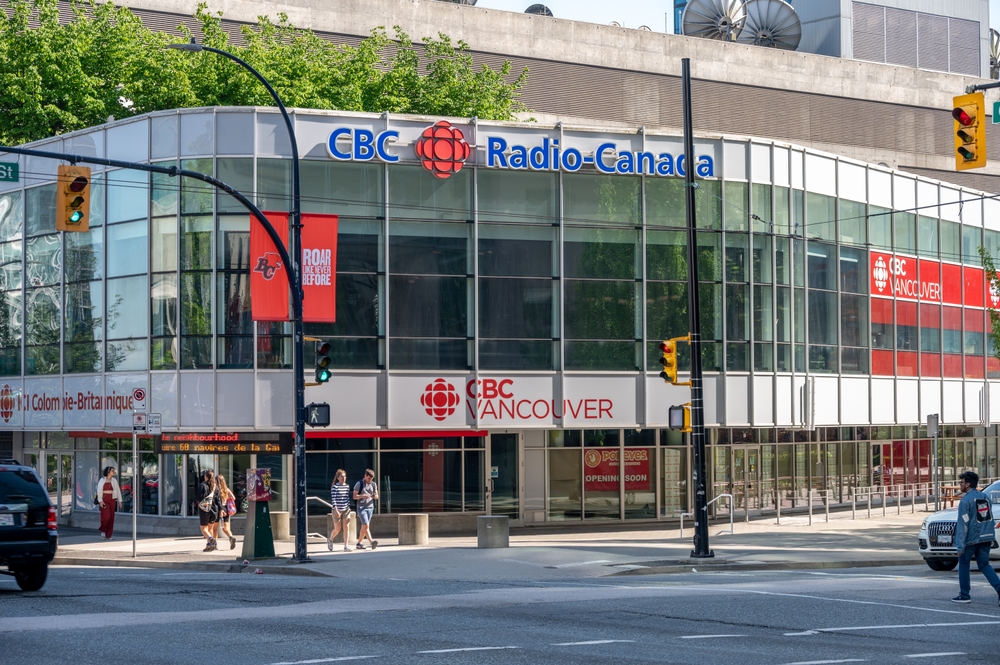
The media landscape benefits from strong public institutions like CBC/Radio-Canada and regulations that protect freedom of expression. Canadians enjoy access to diverse, reliable news sources with minimal political manipulation. This promotes informed citizenship and civic engagement. Media independence is safeguarded by law, allowing journalists to scrutinize government actions without fear. While the industry faces digital-age challenges, trust in mainstream reporting remains higher than in many democracies. The availability of accurate, balanced information underpins public debate and strengthens democratic participation across linguistic and regional divides.
National Reputation for Kindness and Trustworthiness

Beyond clichés, the collective behavior of Canadians shapes global perception. Surveys consistently show high levels of interpersonal trust and civic cooperation. This translates into smoother public interactions, community volunteering, and lower rates of violent crime. The courteous culture supports collaboration in workplaces, politics, and daily life. Internationally, this reputation opens diplomatic and business doors; people simply like working with Canadians. It’s a subtle yet powerful national asset that influences everything from tourism to trade negotiations. In an increasingly polarized world, this social civility remains an underrated strategic advantage.
21 Products Canadians Should Stockpile Before Tariffs Hit

If trade tensions escalate between Canada and the U.S., everyday essentials can suddenly disappear or skyrocket in price. Products like pantry basics and tech must-haves that depend on are deeply tied to cross-border supply chains and are likely to face various kinds of disruptions
21 Products Canadians Should Stockpile Before Tariffs Hit
